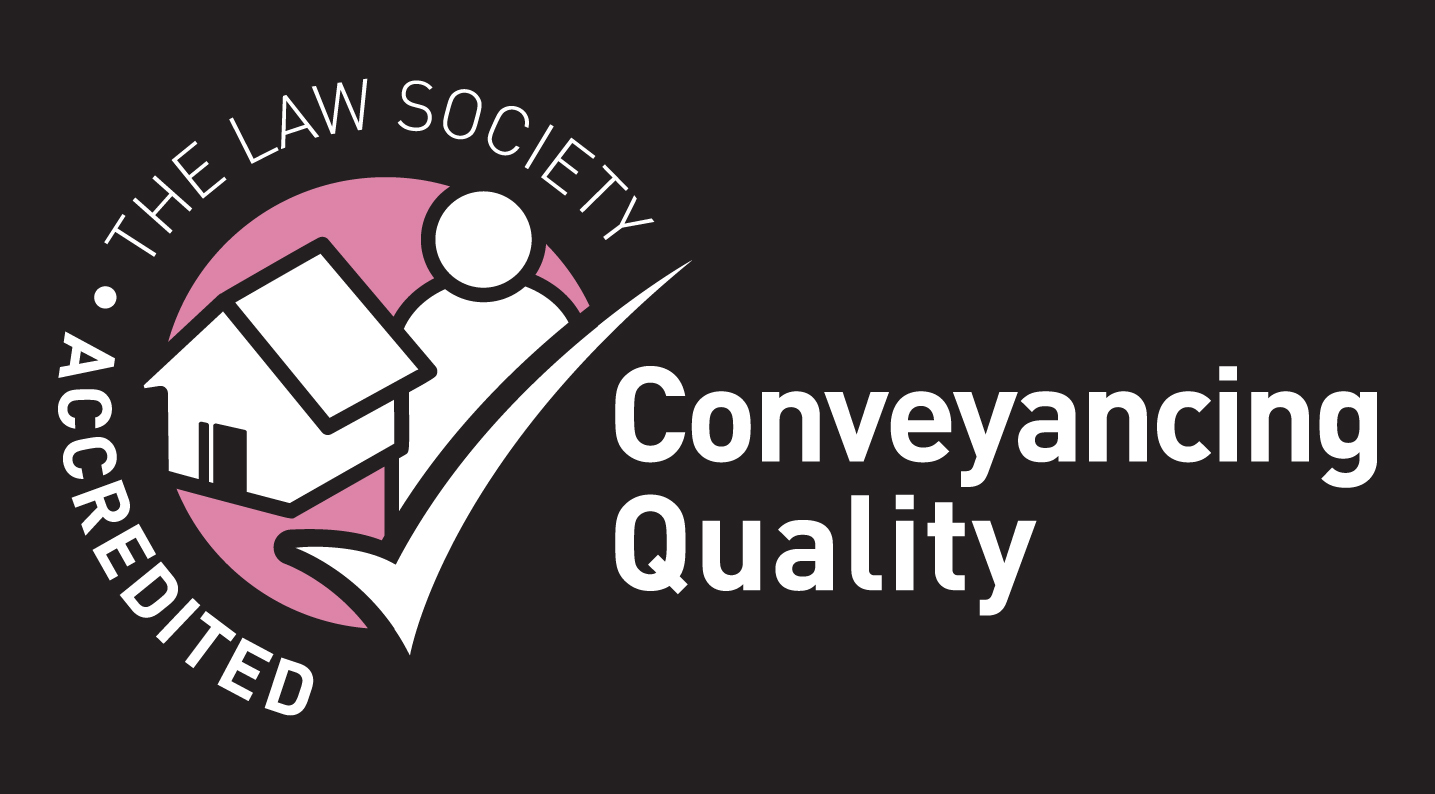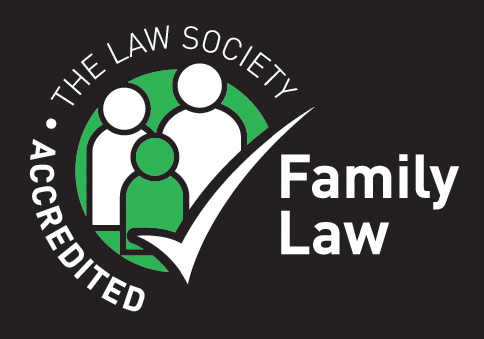Trespassing is a legal issue that directly impacts your rights as a landowner, the security of your premises, and your peace of mind.
Trespassing occurs when someone unlawfully enters or remains on your property without your permission. It is important to note that trespassing can take various forms, from individuals unknowingly crossing boundaries to deliberate intrusions that disrupt your daily life.
Understanding the legal implications and available options is essential in effectively addressing trespassing incidents.
In the United Kingdom, the law surrounding trespassing combines criminal and civil laws. While trespassing is generally considered a civil matter, certain circumstances may elevate it to a criminal offence. The trespasser’s actions and intent will determine the potential penalties they may face, ranging from fines to imprisonment in more severe cases.
As a landowner, you have certain rights and responsibilities when protecting your property. You can take specific steps to prevent and address trespassing incidents. Being aware of your rights and the legal options available to safeguard your property and maintain your privacy is crucial.
However, dealing with trespassers can be legally complex and emotionally challenging. That is why seeking the assistance of qualified housing solicitors is highly recommended.
Here at the London-based Adam Bernard’s law firm, we are home to highly experienced housing solicitors who can help you with issues related to trespassing.
Trespassing occurs when someone unlawfully enters or remains on your property without your permission or legal right.
Under the law, trespassing involves intentionally entering or staying on your private property without consent. This includes crossing boundaries, entering buildings, or even walking onto your land without authorization.
Behaviours that may qualify as trespassing include:
If you encounter trespassers on your property, it is advisable to contact law enforcement and document the incident for evidence. Depending on your jurisdiction, trespassing can result in penalties such as fines, criminal charges, or both.
You should also consult a knowledgeable housing solicitor who can provide legal guidance, help you understand your rights, and explore available options to address the situation effectively.
Trespassing is generally considered a civil matter but can escalate to a criminal offence in specific situations.
In criminal law, trespassing is the act of unlawfully entering or remaining on someone else’s property without permission or a lawful reason. It involves intentionally disregarding the owner’s rights and occupying the property without lawful authority.
The severity of trespassing as a criminal offence depends on various factors, such as the level of the trespasser’s intent, the degree of disruption caused, and whether any damage or harm was inflicted.
For example, suppose the trespasser engages in disruptive behaviour, such as damaging property or threatening the owner or other individuals present. The act can be treated as a more serious criminal offence in that case.
The penalties for criminal trespassing can vary based on the jurisdiction and the case’s specific circumstances. In some instances, it can result in fines, community service, or even imprisonment. Repeat offences or trespassing on specific properties, such as government premises or critical infrastructure, may attract more severe penalties.

If you have trespassers on your property, here are the steps you can take to address the situation and ensure the removal of the trespassers:
Remember, every case of trespassing is unique. Consulting with a housing solicitor experienced in property law is highly recommended. Qualified solicitors can provide personalized legal advice based on the unique circumstances of your case.
Under the provisions of the Criminal Justice and Public Order Act 1994, the police can indeed help, but certain conditions must be met:
The police’s response may vary from case to case, depending on the resources available and other factors. In some cases, they may liaise with other agencies or take alternative courses of action, such as referring the matter to local authorities or recommending civil remedies.
When dealing with trespassers on your property, taking legal action through the civil courts can effectively regain possession and protect your rights as a property owner. Here’s what you need to know:
By pursuing legal action through the civil courts, you can assert your rights as a property owner and seek a lawful resolution to the issue of trespassing. Working alongside a knowledgeable housing solicitor will support you in navigating the complexities of the legal process and achieving a successful outcome.
When dealing with trespassing issues on your property, hiring a skilled and experienced solicitor specializing in this area of law can significantly benefit you.
Here at the London-based Adam Bernard’s law firm, our housing solicitors understand the legal intricacies involved and provide personalized advice based on their expertise. If your case goes to court, we present your case with clarity and persuasiveness, highlighting the relevant legal principles and advocating for your rights.
Contact our housing lawyers today to discuss your case in detail.
[vc_row][vc_column][vc_row_inner][vc_column_inner][vc_column_text]
If a person is on your land without permission, you may have a case against them under the civil tort of trespass. To evict a trespasser, the owner must issue proceedings against that trespasser.
It is important for landowners to know their rights to remove trespassers and to follow the eviction process correctly, otherwise they could be subject to both civil and criminal sanctions. In order to ensure that you comply with the law, it is therefore vital that you obtain legal representation to ensure that you are able to meet the result you desire. Please visit one of our London offices and have a member of our team guide you through the process.
[/vc_column_text][/vc_column_inner][/vc_row_inner][/vc_column][/vc_row]
Copyright © 2023 Adam Bernard Solicitors. This Firm is Authorised & Regulated by the Solicitors Regulation Authority SRA NO: 598171, 656730.





